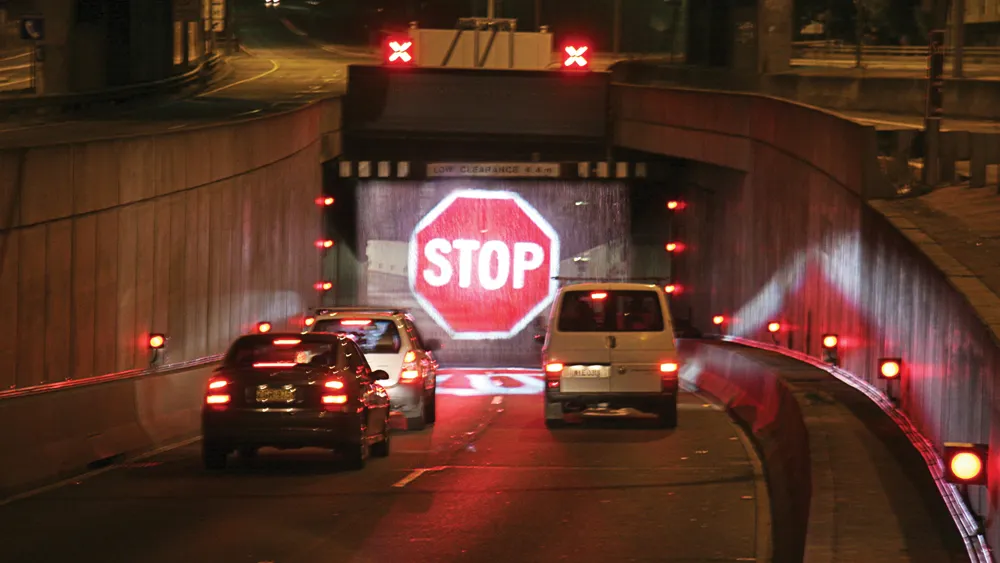A UK government strategy to tackle congestion caused by motorway closures and drive down the £1 billion (US$1.6 billion) annual cost to the economy has been unveiled by Roads Minister Mike Penning, who also announced the launch of a £3 million ($4.87 million) fund for police forces to purchase laser scanning technology to speed up of the investigation process and incident clear up times.
April 25, 2012
Read time: 2 mins
RSSA UK government strategy to tackle congestion caused by motorway closures and drive down the £1 billion (US$1.6 billion) annual cost to the economy has been unveiled by Roads Minister Mike Penning, who also announced the launch of a £3 million ($4.87 million) fund for police forces to purchase laser scanning technology to speed up of the investigation process and incident clear up times.
At a high-level summit in London, the Roads Minister, Home Office,503 Highways Agency (HA) and police, fire and ambulance chiefs committed to a 10 point action plan to help ensure that closures take place only when they are absolutely necessary and for the minimum amount of time in order to help keep traffic moving, supporting economic growth for the future prosperity of the country.
It follows a joint review of investigation and closure procedures for motorway incidents, led by the1837 Department for Transport, working in partnership with the Home Office, HA and 2174 Association of Chief Police Officers (ACPO), which has been published on the DfT website. The review report is available at: 1. Copies of the review report can be found at this link.
“There is nothing more frustrating than being stuck in a traffic jam for hours on end. But even worse than that is the shocking £1 billion cost of those lost hours for our economy,” Penning said. “That is why we are determined to improve clear-up times following accidents so we can get our motorways re-opened as quickly as possible.
"Last year there were more than 18,000 full or partial motorway closures lasting a total of more than 20,000 hours. I recognise that, where serious incidents have occurred, closures on the motorway may be needed to ensure the safety of those at the scene and the travelling public. I also understand the importance of ensuring a safe and effective investigation. However, I believe much more can be done to ensure incidents are managed effectively, efficiently and consistently,” Penning said.
"I am also pleased to announce DfT funding of around £3 million for laser scanning technology that can be used by the police for surveying incident scenes. Recent trials by the police and HA have demonstrated that this can make a real difference in speeding up the investigation process.”
At a high-level summit in London, the Roads Minister, Home Office,
It follows a joint review of investigation and closure procedures for motorway incidents, led by the
“There is nothing more frustrating than being stuck in a traffic jam for hours on end. But even worse than that is the shocking £1 billion cost of those lost hours for our economy,” Penning said. “That is why we are determined to improve clear-up times following accidents so we can get our motorways re-opened as quickly as possible.
"Last year there were more than 18,000 full or partial motorway closures lasting a total of more than 20,000 hours. I recognise that, where serious incidents have occurred, closures on the motorway may be needed to ensure the safety of those at the scene and the travelling public. I also understand the importance of ensuring a safe and effective investigation. However, I believe much more can be done to ensure incidents are managed effectively, efficiently and consistently,” Penning said.
"I am also pleased to announce DfT funding of around £3 million for laser scanning technology that can be used by the police for surveying incident scenes. Recent trials by the police and HA have demonstrated that this can make a real difference in speeding up the investigation process.”









